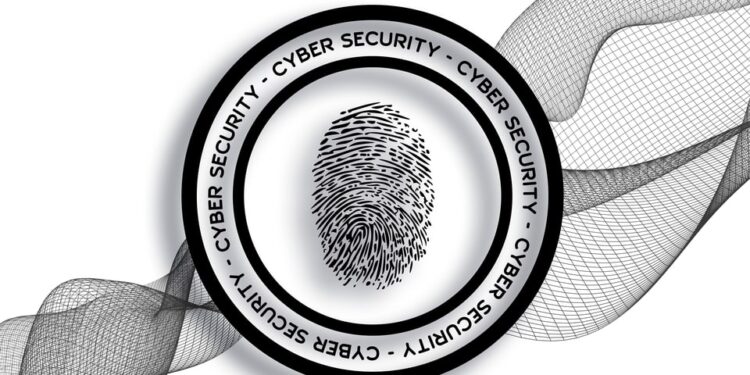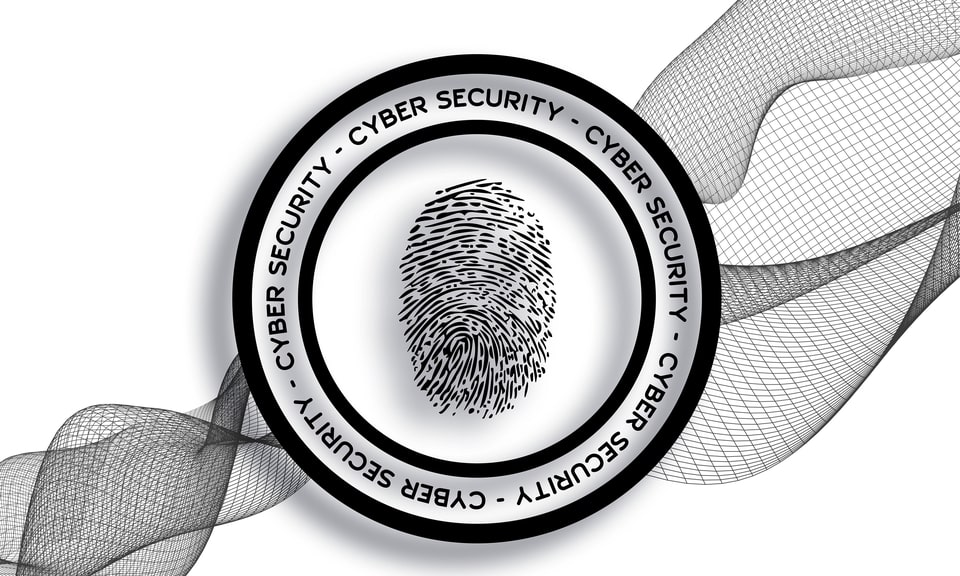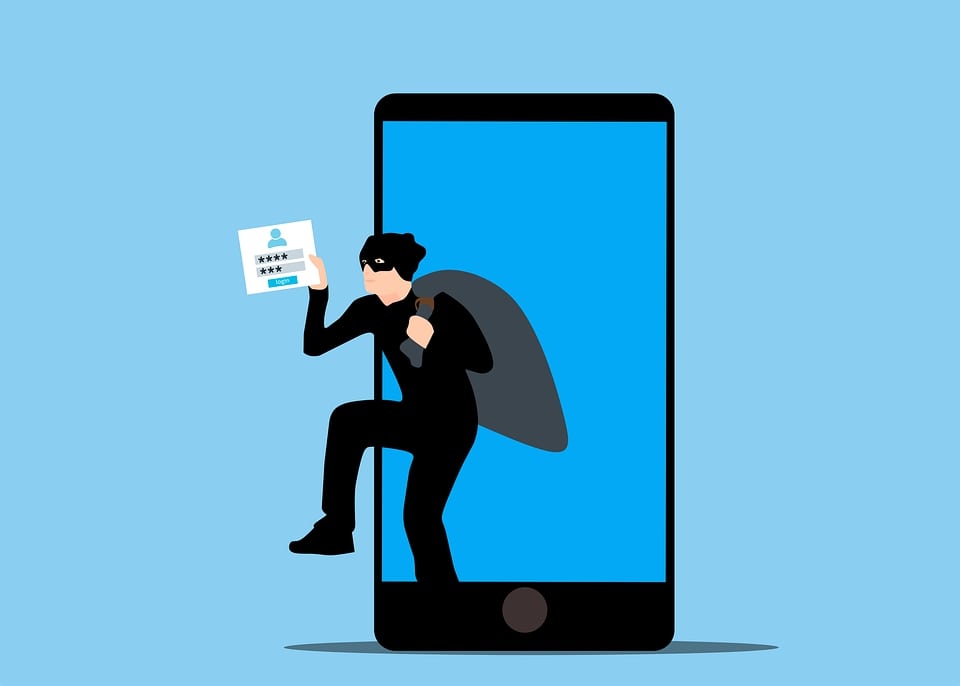Cybercrime Computers are used to commit online crimes like hacking, phishing, and spamming. Cybercrime is simply the act of stealing or taking personal information from another person’s computer and then using it incorrectly. If this cybercrime is severe, it is cyberterrorism. This includes data theft, fraud, child pornography, hate crime, and other crimes that can be done to personal information.
Computer crime is the act of using a computer to commit a crime or meet with a criminal computer. Computer crime does not involve the network.
The number of Internet users has increased dramatically, and people are now more likely to be involved in online crimes. The number of crimes committed via the internet is also on the rise. Cyber Crime is a growing threat to the public.
Cybercriminals are those who commit wrong acts or crimes using computers, mobiles, and the internet. Cybercriminals are people who cause harm to any organization, person, or business and gain access to their data for their benefit. These cybercriminals access people’s systems using computer and internet technology. They steal their bank details, personal information, and trade data.
Hackers and crackers are criminals who engage in illegal activities. Computer crime can also be described as hacking because hackers use computers for cybercrime.
Types of Cybercrime
Credit Card Fraud
Credit cards are very popular nowadays. It doesn’t matter if it’s online shopping or payment for bills. To make a booking for travel or to book a room in a hotel. Your credit card number can be stolen by hackers if you use any website to make a transaction. Credit Card Skimmer can read credit card information. This information can be downloaded via the Internet.
Phishing
This is a method of cheating users, where bank and account information are stolen from them incorrectly and used for the wrong purposes. These websites and links are often created to deceive users. These websites and links look so similar to the companies they are linked to, that people can be deceived. However, they are slightly different from the original company name and website URL. This traps people and causes them harm by entering their details.
Software Piracy
Software Piracy is a crime in which Genuine Software is illegally copied and used. This is when a company alters the original software and uses it.
Spamming
This type of crime involves the user receiving many emails. Some emails only cause harm to the computer. Those emails cause a computer malfunction. This occurs when the user opens the email and clicks the link in it. The virus or malware is automatically downloaded to their computer.
Hacking
Hackers can access other computers’ systems and steal sensitive and personal information without permission. It is simple theft if someone enters your computer and steals the data. Hacking, however, is when someone hacks into your computer system to steal your data.
Hackers use malware, virus scripts, and phishing mail to access other systems. To gain access to other systems. It occurs so quietly that the computer owner doesn’t even notice it.
Theft
This crime involves stealing information or material from someone else. This is when someone violates copyright laws. This includes downloading music, movies, and software. Many piracy websites offer free movie, song, and software downloads, without the permission of their original content owners. Cybercrime also includes downloading premium items and getting them done for free. This is an offense.
Virus Spread
Cybercriminals create software and send it to your computer. The viruses are hidden within. These viruses include Trojan horses, logic horses, worms, and others. These viruses spread from one computer to another, and then to the third. This attack can often be so severe that it infects millions of computers.
Fraud bank calls
This crime involves making false calls to bank customers and asking them for their bank information. This is where most credit card and debit card information is requested to steal money from customers’ bank accounts. Customers are warned with various types of pressure to comply. If the customer does not provide the required information, the account will be closed and the balance deducted.
Cyberbullying
Cyberbullying is the making of indecent comments and threats via social media. It can also lead to bullying someone online. Cyberbullying can cause mental harm to children and others, as well as a negative effect on their health. Cybercrime also includes this kind of behavior.
Child pornography
Criminals in this form of crime mostly use chat rooms to talk to minors and hide their identities. Young children and new people are not aware of this. He abuses, intimidates, threatens, and incites children to pornography. This crime is more common in girls than children. Cybercrime can be divided into three main categories: Individuals, Government, and Property. Each category has its crime.
Smishing
Smishing refers to a technique of phishing, usually via SMS. The SMS will claim that the user has won the lottery. To get the prize, the user must provide his/her details. These links may appear legit, but the website may try to steal your data without your consent. You should carefully read these emails and be careful not to click on suspicious URLs.
Malware
Malicious software is, as the name implies, malicious software that uses payloads to gain access to the victim’s data. This program installs malware, including ransomware, spyware, and trojans. These programs are designed to harm the system or network or delete or hijack the system’s information.
Ransomware is the most common malware that can be used to steal data. Once the malware has been installed, it searches for sensitive information and encrypts them. A pop-up window appears asking for ransom. If the ransom is not paid, hackers will often threaten to delete the victim’s data or sell it online.
Cyber Crime Awareness Tips
Limit credit card withdrawals
You can still avoid further damage if your credit card is stolen or cloned. You should limit the amount of cash you can withdraw from your credit card for shopping purposes to 10-20 thousand rupees. This has the advantage that thieves can withdraw less money and you avoid large losses.
Install antivirus
Viruses are the most common method of data theft and hacking. Antiviruses must be installed on your computer in such an instance.
Don’t click on unsolicited links
You can avoid hacking and viruses by not clicking on any links sent to you via Facebook, WhatsApp, or email. Unknown persons may send you a message via social media asking for your permission to click on a link. You can block such a person by not answering.
Keep changing password
You can change the password on your debit or credit card, or any social media account at will. We often keep our phones in our pockets without locking them. There is always a chance that the phone will be accessed by someone else. You should keep the password to at most 10 characters. Avoid using any names, mobile numbers, or other personal information such as date of birth or phone number.
Only Secure Internet Service
Many people use free internet right away. However, it can cause serious harm to your health. There are WiFis that can be used to steal your personal information. Avoid using any Wi-Fi free of charge.
Keep your software current
To avoid any cybercrime-related accidents, your internet and operating system software must be always up-to-date. No hacker can steal your personal information if you keep your software up-to-date.
Talk to your children about the Internet
Cybercrime is a growing problem in today’s world. Children as young as five are falling prey to cybercrime. They don’t have a complete understanding of the internet and they quickly get lost. Good parents must explain to their children all information about the internet so they are aware of the dangers and prevent them from becoming complicit.
Don’t share your personal information via social media
Today, anyone can upload any information about themselves via social media. Some stalkers will take over your profile and begin following you. You could be in danger if you upload any information to social media, including your email id. To avoid cybercrime, don’t share such posts on your social media accounts.
Safety Tips
- Don’t share any sensitive information such as passwords, email ids, credit card details, etc. on Forums or websites.
- Your password should be strong and not easily guessable. Different combinations of numbers and characters are possible.
- Before you click on the link, verify that the website is legitimate. Make sure to check for spelling errors in the URL or the message.
- Get the most recent software updates for your system. These updates fix bugs and improve security.
- Avoid using open Wi-Fi. These networks are not secure, and hackers could easily inject malicious code to gain your data.
- You can use a Virtual Private Network (VPN), which creates a secure tunnel between your computer and the website.
- You should be educated about cybercrimes on the Internet so you are aware.
- Be safe when surfing online. Shop only at trusted, well-respected sites.
- When you make an online payment you will see the lock symbol in your browser. Make sure that you also check that the URL opens with HTTPS:// and not with HTTP: //.
- Use a high-quality anti-virus program on your computer to protect you against viruses and malware.
- Keep your internet browser (chrome Firefox, Opera, Firefox, etc.) up-to-date no matter what you use.
- Make sure you do not download any illegal software or apps before downloading them.
Issued Helpline Number (India)
Cyber Cell and the Home Ministry have teamed up to prevent online fraud and save people’s hard-earned money. This agreement has created a helpline number that allows you to report cyber fraud. The number to call is 1555260. This number can be saved to your mobile phone so you can call it in the event of an untoward circumstance.
The cyber cell will function like this
You should immediately notify the helpline number 1555260 if you suspect that cyber fraud has occurred to you. Within 7-8 minutes of your complaint, an alert message is sent to the bank or e site informing them that money has been taken from your account. The money will then be placed on hold. This will save you from any loss by prompt calling and holding onto the money until it is taken from your account. Apart from the helpline number, complaints can also be made on https://cybercrime.gov.in/.




















